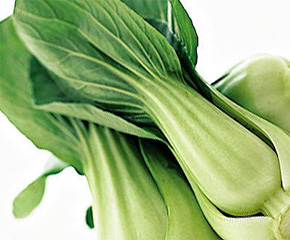A handful of individual food producers around the world already use labels certifying their food is free of genetically modified elements, but this is the first large-scale political effort to introduce such a system, says Greenpeace.
They are expecting it to be watched by others as a test-case.
“These labels are important for consumers so they know which companies keep a tight control on ingredients in their products,” Greenpeace’s GM researcher in Russia, Natalia Olefirenko, said.
After an official voluntary inspection, producers will have the right to carry Moscow’s GM-free label for a year.
The European Union already insists products which contain more than 0.9 percent of GM-enhanced ingredients must be stated on the packet, but environmentalists argue that does not go far enough.
Greenpeace estimates around 80 percent of Russian produce contains no genetically enhanced ingredients, in line with other developing countries, against only about 20 percent in the EU and richer countries.
But Greenpeace said parts of the EU could follow Moscow’s lead if it is a success, the label should however remain voluntary.
Supermarkets eager to carry favour with Moscow’s government have hinted they will only stock products carrying the GM-free label and signals from the authorities suggest the label will effectively be compulsory, said producer lobby groups.
The cost
“It involves special testing, special packaging and the costs will be passed on to the consumer.” said Alexei Popovichev, head of Rusbrand which represents big Western producers such as Nestle and Kraft.
Small domestic producers will probably feel the burden of the extra costs hardest as they will not be able to spread them through economies of scale, he said.
Western businesses also argue the GM-free label could mislead customers into buying poorer products because the assertion that foods contain no GM-ingredients could be misread as a signal that all the ingredients are of high-quality.

